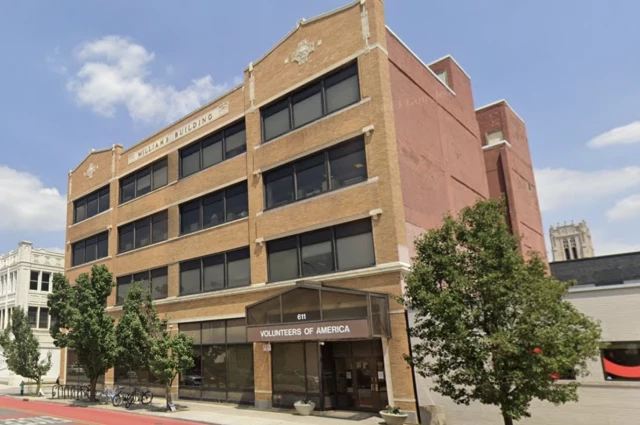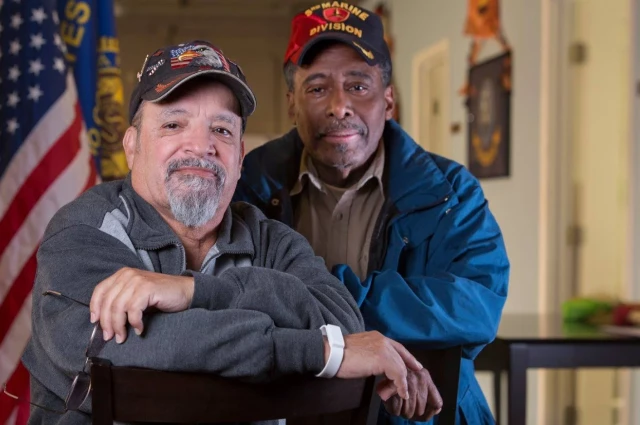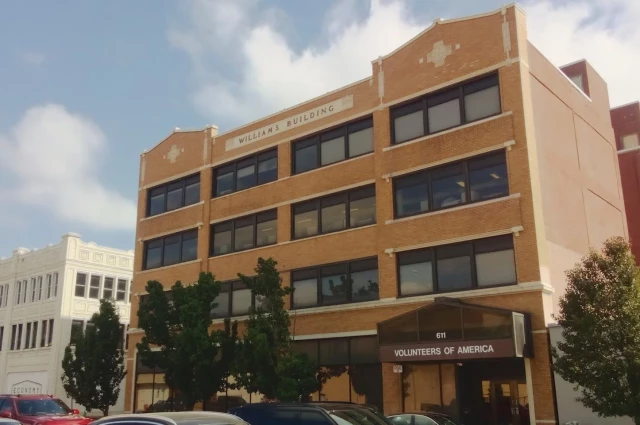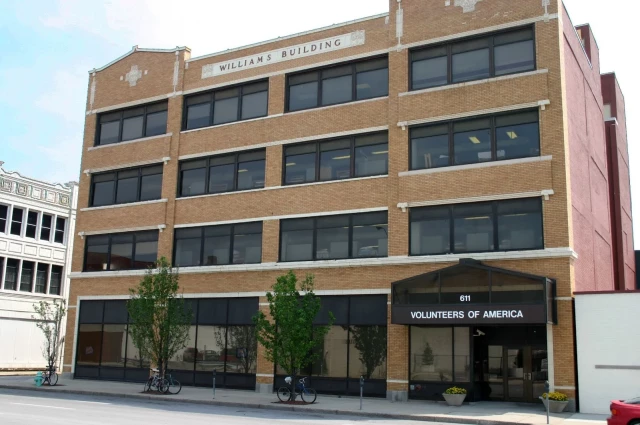Volunteers of America Brandon Hall Information
Treatment
Who We Treat
- Young Adults (18–25)
- Older Adults
- Male and Female
- Veterans
- LGBTQ+
Approaches
- Twelve Step
Conditions We Treat
- Trauma
- Anger
Substances We Treat
- Chronic Relapse
Languages
- English
Aftercare
- Recovery Coach
- Employment Counseling
- Continuing Care
- Support Meetings
Level of Care
- Residential Rehab
- Co-Occurring Mental Health
Accreditations
-
State mental health department
State mental health department accreditation refers to the process of evaluating and certifying the quality and standards of a state's mental health department, ensuring that it provides high-quality services and meets specific criteria for mental health care. The accreditation process is performed by a third-party organization and helps to improve the overall care and treatment of individuals with mental health conditions.
-
Commission on Accreditation of Rehabilitation Facilities (CARF)
CARF accreditation is a prestigious recognition for rehabilitation and human service organizations. It signifies that an organization meets high-quality standards and is committed to providing top-level care. CARF conducts rigorous evaluations to ensure compliance, enhancing an organization's credibility and reassuring clients and funders of exceptional service quality. This accreditation promotes excellence and continual improvement in the rehabilitation and human services field.

Volunteers of America Brandon Hall Accepts The Following Insurance Plans
Find the best treatment options. Call our free and confidential helpline today!





